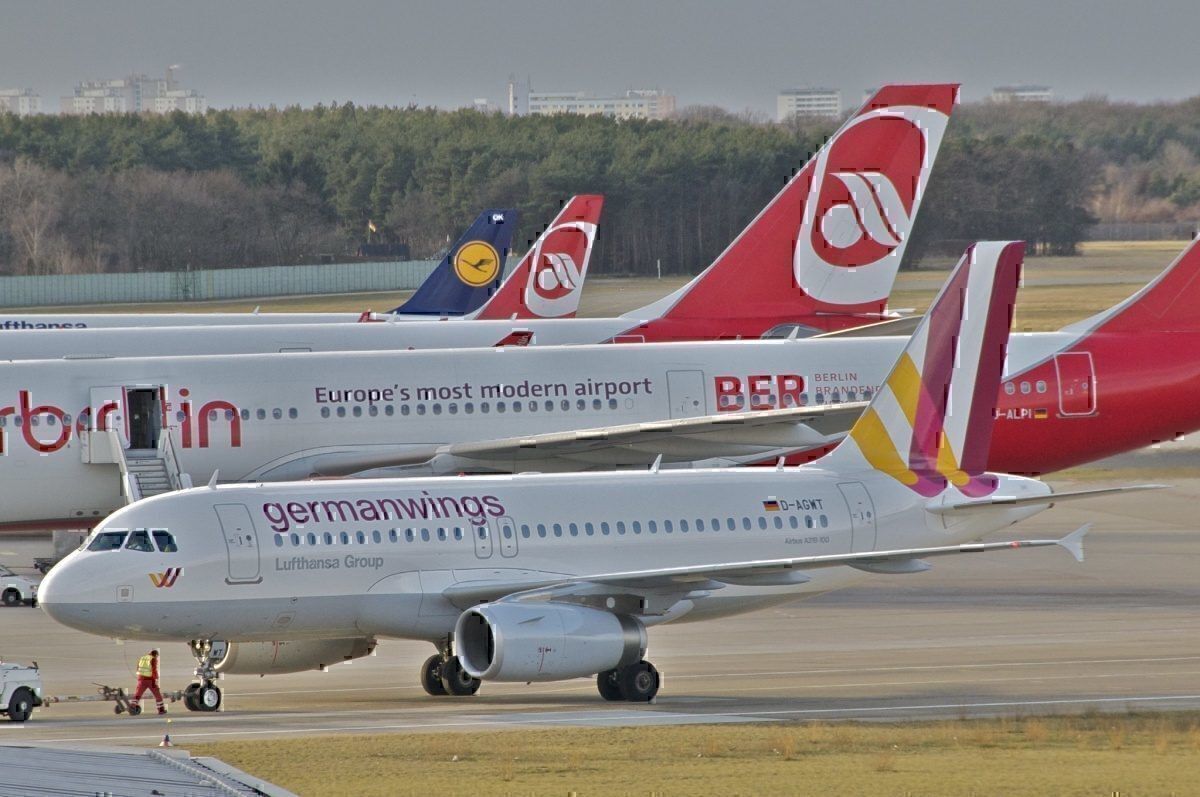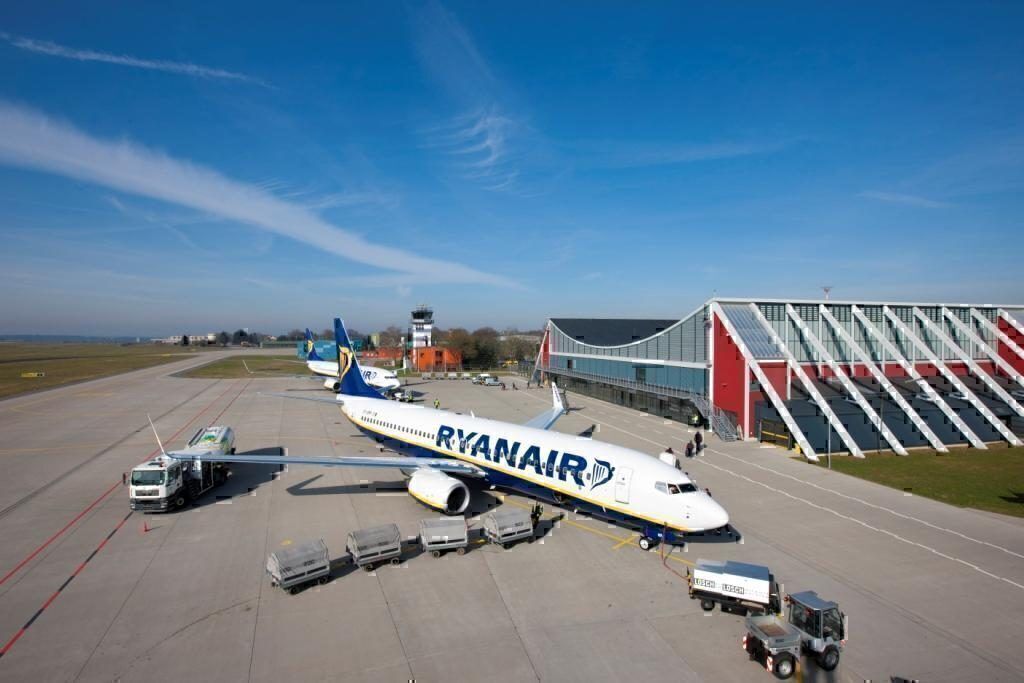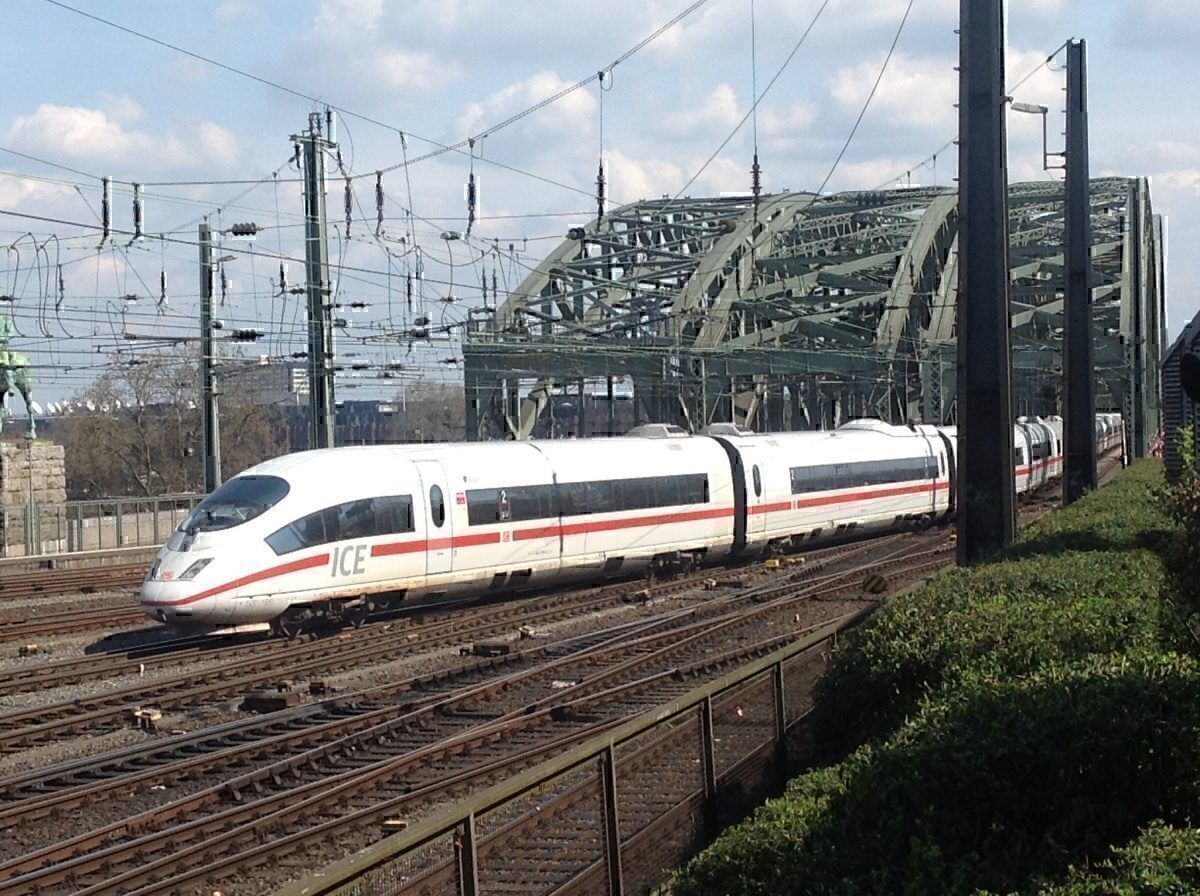Germany is just months away from imposing an increase in its aviation tax. The new regulation, also dubbed Climate Tax, will come into force in April next year.
Earlier this month, we revealed that Germany had released a proposal to increase taxes on airfares in order to reduce CO2 emissions.
In September on the government's website, we were told that the new tax would come into effect in January 2020. However, we have since found out that the change will happen in April. That gives airlines and air passengers alike six months to prepare.
What kinds of changes will be required?
Well, for air passengers, the damage is done. Airfares within Germany will be going up for certain in April. The tax increase will see fare prices rise by around 28% and will affect all fare types from domestic to long-haul.
For air travelers, it's just a case of preparing their pockets and understanding the breakdown of their airfare. For airlines though, the approach will need to be a bit more strategic.
The change is expected to hamper low-cost airlines the most. That is because they rely on low-cost ticket prices to ramp up their competitive edge. If they are forced to up their prices, they could face losing existing customers. But if they fight the change and keep fares low, they could find themselves out of pocket.
What does Germany hope the tax increase will bring?
From April, Germany will now be able to invest more heavily in its rail industry. Germany's government website says:
"Value-added tax payable on railway tickets for long-distance travel will be charged at a reduced rate of 7 per cent. In air travel, the German government is to raise the air traffic surcharge ... as well as preventing dumping prices."
It hopes the tax will incentivize people to use fewer airplanes and instead opt for trains. The money made from the tax, over $1.2 billion, will be used to lower VAT on trains by over 10%. With any luck, passengers will now choose rail options for all domestic travel within Germany, if not some of their international travel.
But why is Germany so concerned about CO2 emissions in the aviation industry?
It's not just because everyone else is. According to data from The World Bank, the number of passengers carried on air travel has nearly doubled since 2001. And, of course, with a growing population, that number is statistically likely to increase.
If Germany can offset the number of air passengers in favor of rail transport, environmentally that can only be a good thing.
Wider environmental pioneering
But more than subsidizing train fares, Germany also wants to take a step into aviation research to improve CO2 emissions.
Federal Transport Minister, Andreas Scheuer spoke in August 2019 about how he hoped the tax would be used for climate protection. He put his views forward at the first national aviation conference. Speaking to Focus, he said:
"Our ministry wants to promote instead of ban, make clean and synthetic fuels cheaper. We are committed to using aviation tax revenues for research, innovation and climate targets. "
Germany has yet to confirm what its plans are for this in the future. There is no specific mention of renewable fuels for the aviation industry in the government's Climate Action Programme.
Will Germany's aviation tax increase affect your travel? Should more countries have aviation tax for the environment? Let us know!



